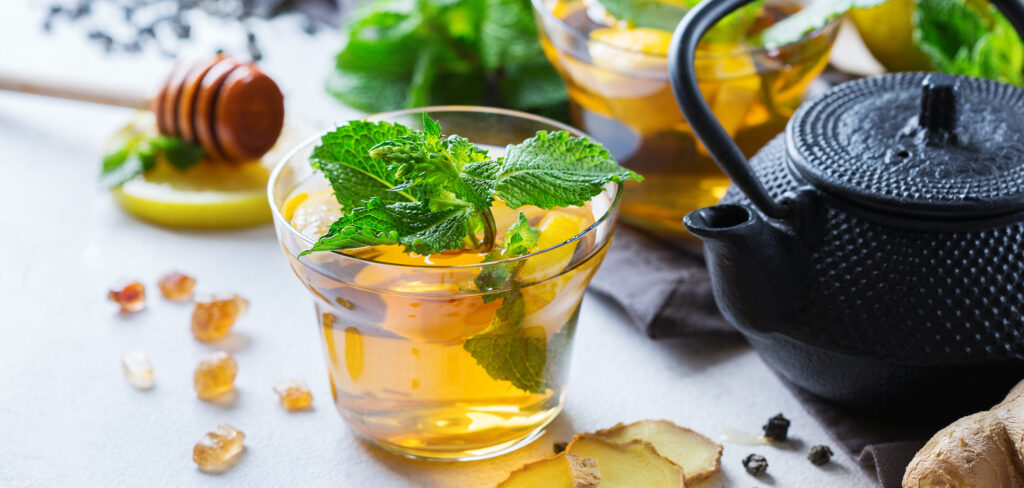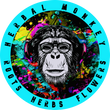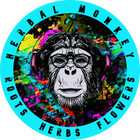The Health Benefits of Herbal Infusion Teas

Infusions are used in almost all drinks to increase flavor. This also applies to tea; if you have ever made tea, you have initiated an infusion. Infusions and tea go hand in hand! Simply put, an infusion creates any beverage by incorporating an ingredient—such as tea or herbs—into a liquid—even boiling water. The most often used method for preparing tisanes and teas is infusion. Sometimes, the term "infusion" refers to the actual beverage, particularly in the case of tisanes (herbal tea infusions), herbal tinctures, and authentic teas.
Infusion teas are produced utilizing flowers, herbs, and fruits to enhance their diversity, in contrast to conventional teas like green tea, black tea, white tea, chai teas, or Oolong tea, prepared using the camellia sinensis plant. Rose petals and mountain roses are commonly used in herbal remedies. Sometimes, you may sweeten your infusions with honey and simple syrups without affecting their flavor or potency. Cold infusion tea bags are a game-changer since they allow you to utilize specific bags that impart a pleasant flavor to the beverage.
Health Benefits of Herbal Infusion Tea

Freshly brewed infusions or tea blends made with herbs are intended for people who want to enhance their overall health naturally. Infusion drinks don't contain caffeine, unlike other beverages like coffee. They are also abundant in vitamins, minerals, and antioxidants, depending on the kind of tea you select. Numerous health advantages of the infusion tea include pain relief, relaxation, bolstering the immune and digestive systems, and much more. Simply put, these gifts from Mother Earth have been collected into one cup!
We've merged the health advantages of herbal teas with the most fabulous cold infuse teas to drink on any given day;
Tea Can Help You Decrease Stress and Relax
Herbal tea infusions have long been the most effective relaxing method after a hard day. People in the current world utilize medications, which have several adverse effects and ultimately increase stress. Compared to anxiety and stress medicines, herbal tea infusions are a safer option to help you unwind and revitalize.
Tea can assist you in relaxing and achieving sound sleep if you have insomnia, sleeping problems, or issues winding down after a long day. Simply put, they offer healthy body care in a tasty mug.
Tea with peppermint. Muscle relaxant menthol is a natural ingredient in mint tea. Your entire body can quickly become more relaxed with peppermint tea.
Tea with Chamomile. Chamomile is the finest tea to drink before bed since it relaxes and calms the body. It has been shown in a University of Pennsylvania research to be effective in treating generalized anxiety disorder.
Tea with lemon balm. Lemon palm tea is the perfect tea to drink during the day when you need a revitalizing power sleep. It has no sleepiness effect and lowers the stress hormone cortisol.
Tea Boosts Immune Function

Even those who do not routinely drink tea know its benefits for strengthening the immune system. This explains why, in the winter, you see most of them tapping a hot cup of tea. You can get over the illness faster with herbal tea. To achieve this, sip these;
Dandelion tea. By getting rid of pollutants and protecting the immune system from further infections, dandelion tea helps to strengthen the immune system. This is as a result of its elevated antioxidant content. Additionally, it contains diuretic qualities that help clear your system and hasten your recovery.
Tea with Ginseng. For millennia, Asians have utilized ginseng tea to promote general health and well-being. It speeds up the healing of the flu by stimulating white blood cell proliferation and inhibiting its multiplication.
Tea with Licorice. The excellent anti-inflammatory qualities of licorice aid in healing painful body pains associated with the flu. But, few individuals can tolerate its acidic, sweet, and salty flavor.
Tea with Cayenne. Cayenne tea relieves sore throats and helps break up chronic coughs. This is due to the presence of capsaicin, which thins mucus that irritates the lining of your throat and causes coughing and sore throats. Additionally, it lessens congestion and inflammation, which facilitates better breathing.
Teas Made with Herbs Help Your Digestive System
Tea eliminates free radicals that lead to indigestion and upset stomachs, enhances blood flow, and absorbs gas. Phenols included in herbal infusing tea also help strengthen the esophagus and stomach muscles, which helps lessen acid reflux and heartburn sensations. Additionally, tea facilitates easy nutrition absorption through the digestive tract. Sip on these teas to help your digestive tract:
Tea with ginger. The phenols in ginger tea, called gingerol and shogaol, encourage the formation of saliva and digestive fluids, which help break down food. Ginger teas are a home cure for motion sickness, morning sickness, and other nausea because they interfere with serotonin receptors, which are responsible for conveying to the brain that you want to vomit. Drink a cup of ginger tea before meals to aid with digestion. If you're going to get rid of nausea, consume it as soon as you feel like throwing up or before the feeling even begins.
Tea with Chamomile. Because chamomile has health advantages for various ailments, it is included in the list of home remedies—Chamomile's relaxing properties aid digestion by relieving stomach discomfort and heartburn.
Tea Chai. Herbs and spices that aid in better digestion may be found in chai, including cinnamon, ginger, cardamom, cloves, and red clover.
Tea Increases Brain Activity

For brain stimulation, you will need to consume organic tea daily, but you may drink one or two cups to feel better. By boosting blood flow to the brain, which gives it nutrition and oxygen to maintain a healthy mind, herbal teas enhance brain function. Consequently, herbal teas are excellent "food for the brain." To stimulate your brain, try these drinks;
Tea with ginger roots. Because of its anti-inflammatory qualities, ginger tea helps to prevent headaches and migraines by inhibiting the chemical prostaglandin. In addition to lowering free radicals and preserving brain health, the natural antioxidants in ginger root teas promote brain function by increasing blood flow to the brain.
Tea with lemon balm. The University of Newcastle states that lemon balm activates the receptors and enzymes responsible for regulating and releasing nerve impulses.
Biloba ginseng tea. The elevated level of antioxidants in ginkgo biloba tea enhances cerebral blood flow and nerve cell performance. In addition, the tea improves both middle-aged and young, healthy people's memory. Additionally, it lowers aluminum chloride, which has been linked to neurological conditions like Parkinson's.






